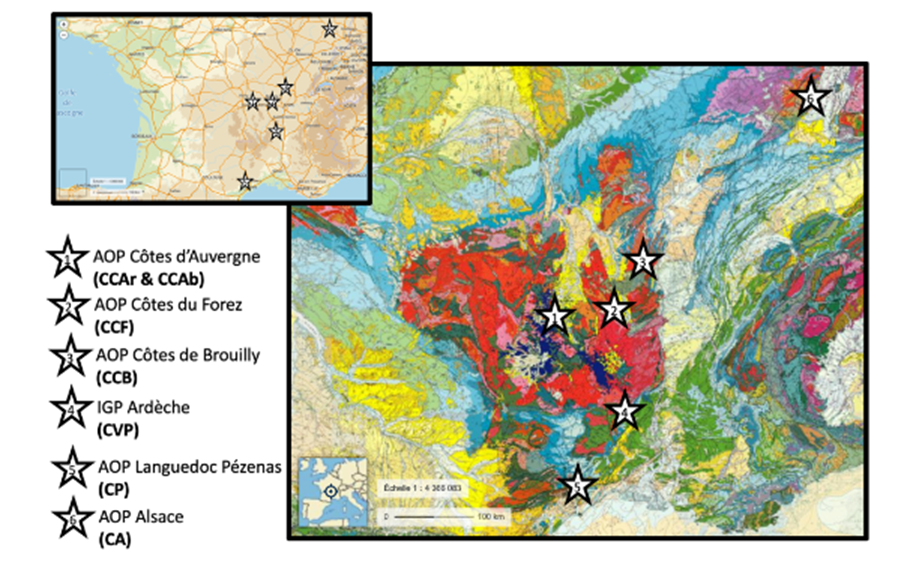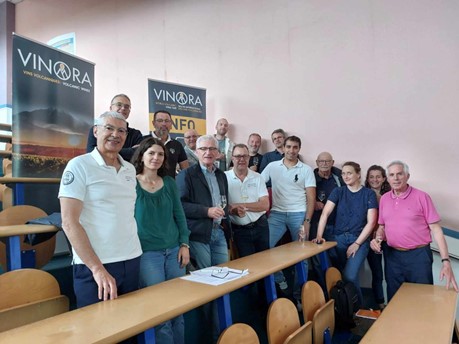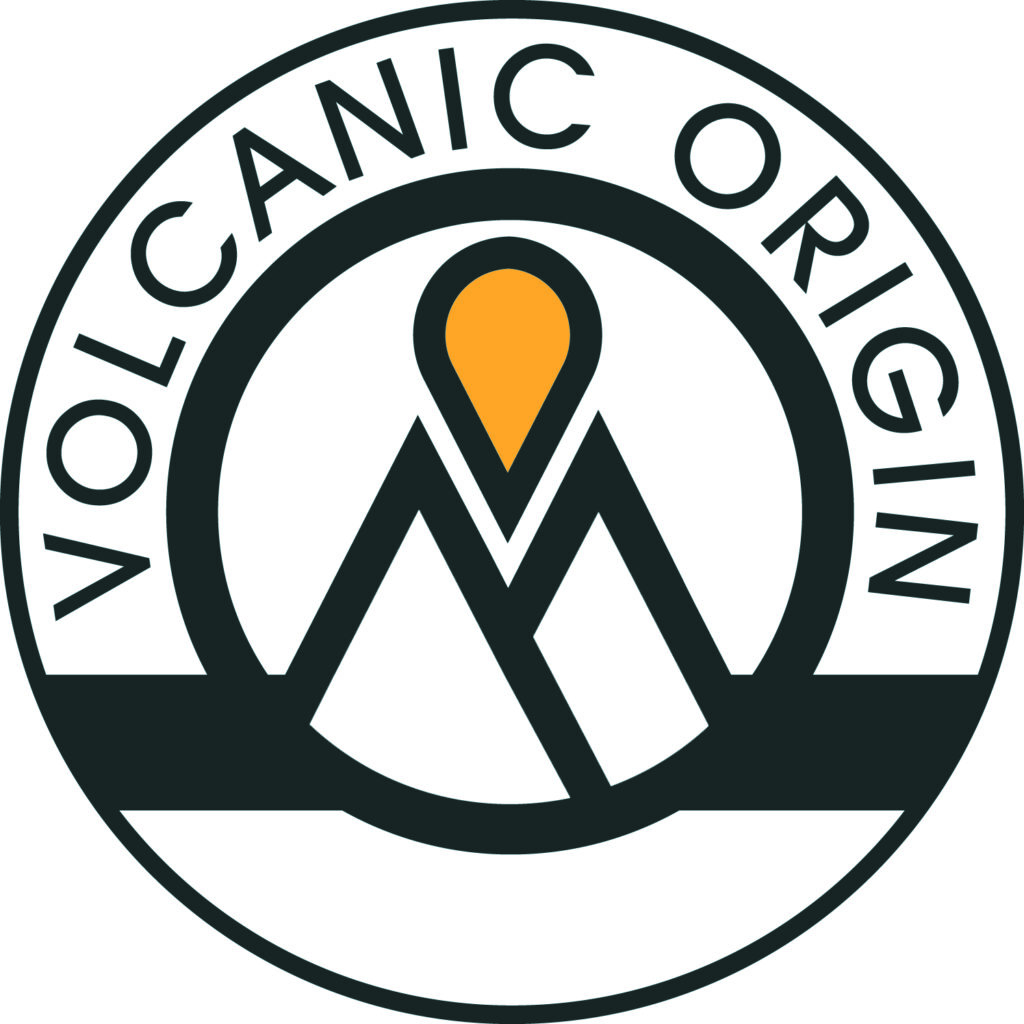SCIENTIFIC STUDIES
The whole story started back in January 2020, in the Vulcania theme park centre at the foot of the tectonic Chaîne de Puys, when a small band of local Auvergne region winemakers decided to organize the first World Volcanic Wine Fair.
The fair threw up some essential yet unresolved questions:
What is a volcanic wine?
What are its taste–texture characteristics?
In an effort to come up with answers, the team decided to launch a scientific experiment for the year-2020 vintage.
The study, conducted in the Côtes d’Auvergne region and Canada, mobilized a squad of specialists in mineral analysis, analytical chemistry, and sensory evaluation on wine, … and laid the premises to a type profile…
Site visit to vines growing on basaltic soil
Sensory panel
Bolstered by the encouraging results of this first study, the team pressed ahead with a second study launched in 2021 to expand and grow what we know about what makes these wines so distinctive.
The objective this time round was to use micro-vinification processing to compare wines grown on volcanic (basaltic) soil against the same wines grown on sedimentary clay-limestone soil, and characterize their signature chemical and sensory markers.
This tighter protocol would render a scientifically-validated hallmark profile of volcanic wines.
Following on from these first two studies on the 2020 and 2021 vintages, several local-region initiatives emerged in 2023 in Puy-de-Dôme wineries to foreground the value of the area’s wines, thus further forging the local terroir’s identity.
To gain further knowledge and insight on the scientifically-proven signature of volcanic-terroir wine, a third study was conducted on the year-2023 vintage to expand into other French grape varieties and wine regions. This third round of research set out to address three questions:
What are the signature characteristics of volcanic winegrowing soils in France ?
Are there specific type factors shared between all French volcanic-soil wines ?
Do different grape varieties express typicity differences in volcanic imprint in the wines ?
The programme was to vinify four grape varieties—Gamay, Syrah, Chardonnay and Riesling—from six confirmed volcanic-terroir wine-regions areas across France: Alsace, Brouilly, Forez, Côtes d’Auvergne, Ardèche, and Pézenas.
This third phase marked a further step forward in terms of understanding the science of what makes volcanic terroirs so distinctive… and, crucially, a further step towards our Volcanic Origin label



